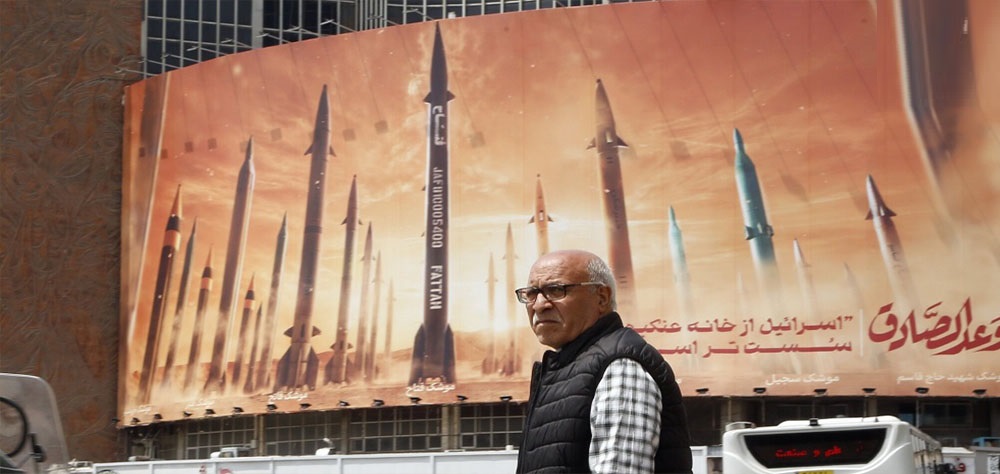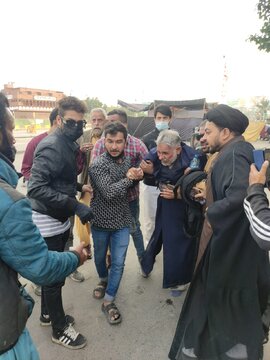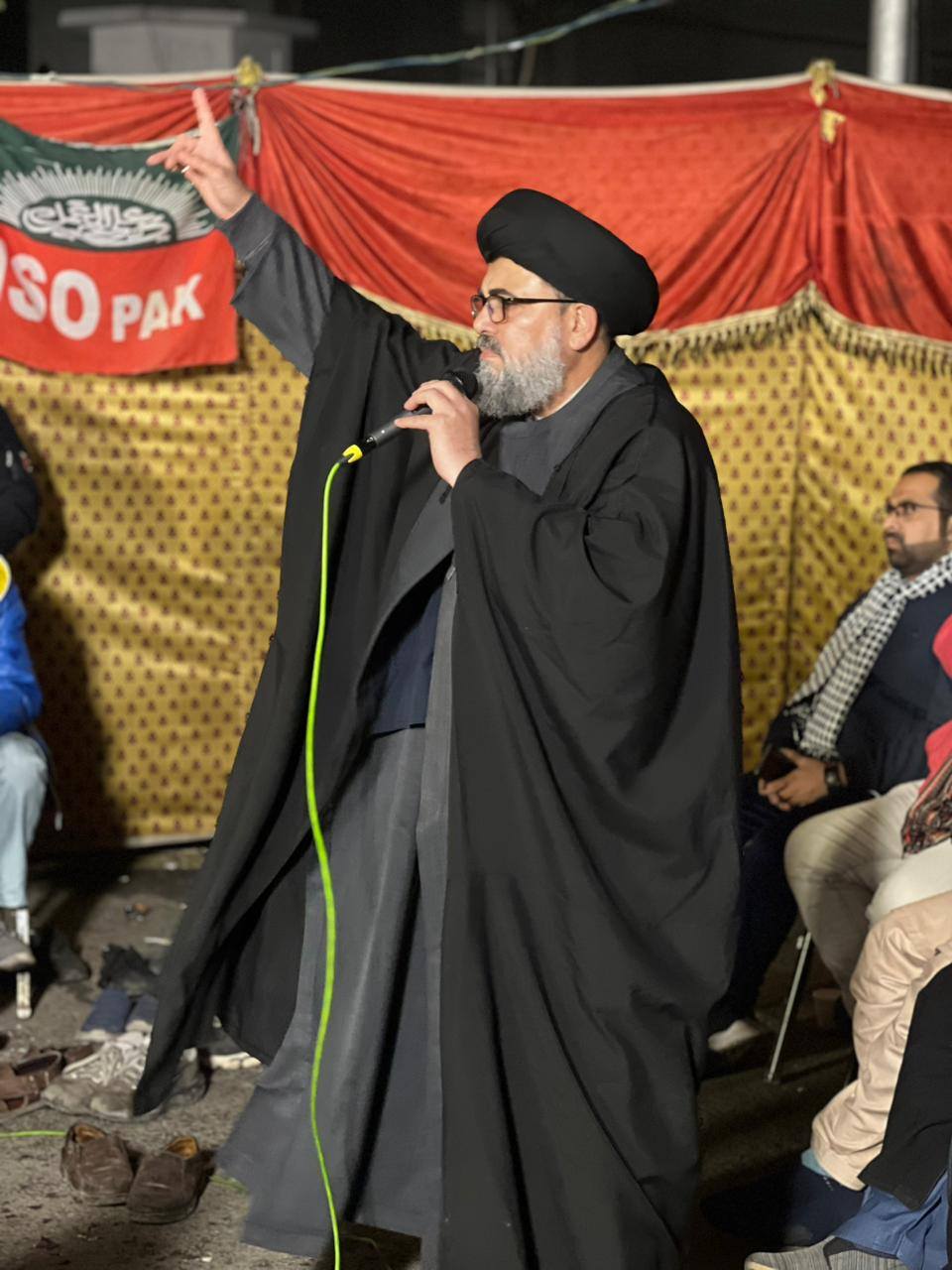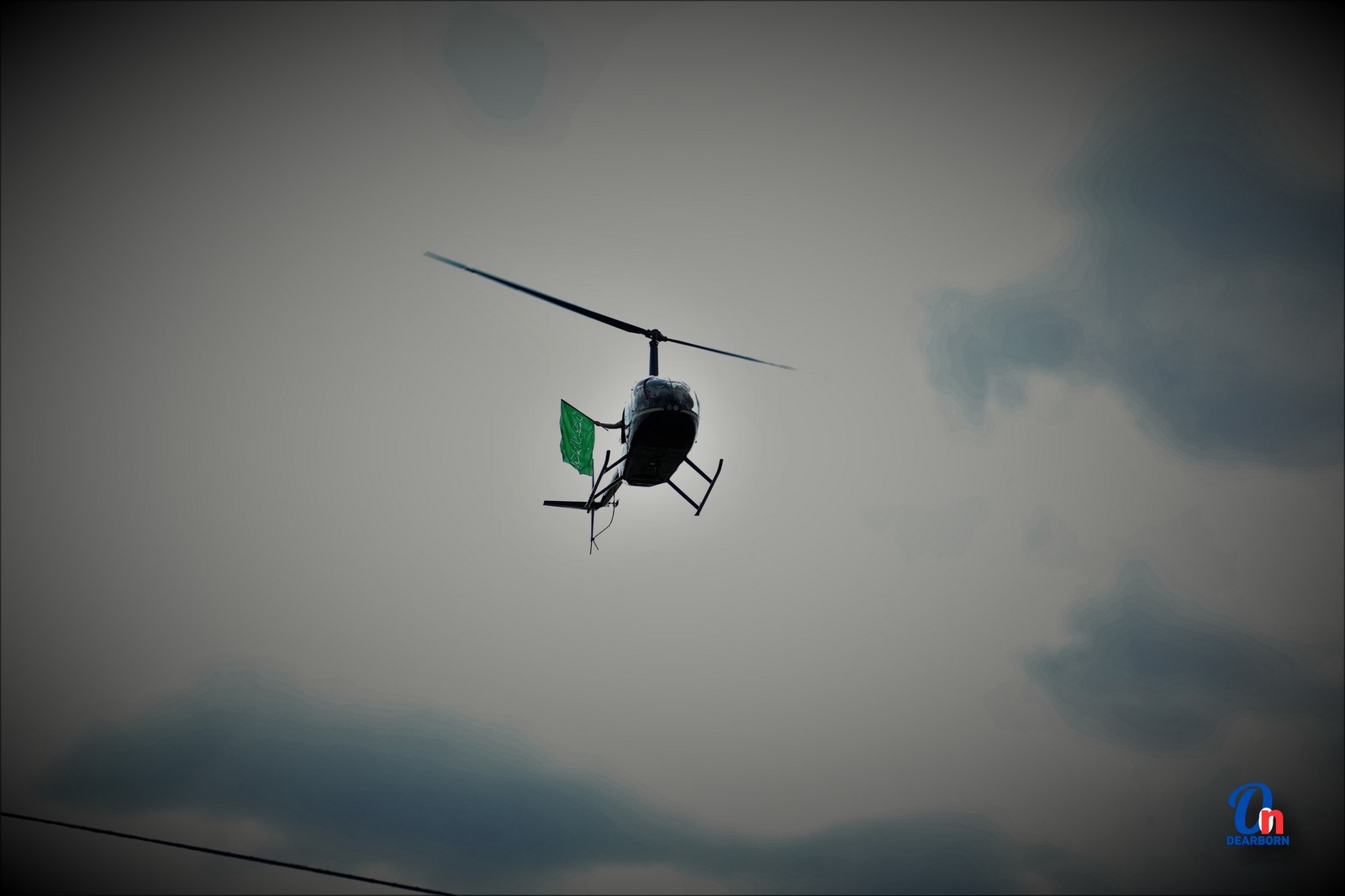The time of response
In search of an answer to the question as why the Resistance camp has not so far waged war against Tel Aviv in response to the Israeli aggression, we should consider the two elements of time and place. In fact, the time and type of response to the Israeli regime depends on the interests and internal gains and losses of the Axis of Resistance, not the interests of the Israeli aggressors. Currently, the Israeli army is at the highest level of preparation along with the American-Western coalition to enter a full-scale war. All military experts agree the best time to enter the war will be when the opposite party is at the lowest level of military preparation. Therefore, when the other side is at the highest level of readiness, it does not seem proper to wage war against it.
In the meantime, one cannot forget the golden element of surprise in all wars and recent developments have shown that the resistance groups and Iran are making the most of this golden element to respond to Israel at an unknown and uncertain time, so that this military response brings the highest degree of success to Resistance camp and the heaviest cost to the Israeli aggression.
Israeli uncertainty continues
On the other hand, it has been months that the Israelis have been in a state of uncertainty waiting for the response from the Axis of Resistance and Iran. This killing wait on the one hand has increased the home costs of the Israelis and on the other hand caused waves of internal migration from the northern regions on the border with Lebanon for the fear of big response of Hezbollah. Even before assassination of Hezbollah chief Sayyed Hassan Nasrallah, Israeli sources had confirmed that about half a million of Israelis in the northern settlements are displaced to the central regions. Two days ago, the municipality of Acre in northern Israel announced that it has become a ghost town and there are only a small number remain in the city. A question presents itself: Has the terrorist operation of the Israeli regime against Nasrallah managed to return security to the northern regions of Israel after a few days? The evidence indicates that after the assassination of Hezbollah's chief, not only northern Israel but also the entire occupied territories will be within the fire range of Hezbollah's strikes, and the feeling of insecurity has spread to all residents of the occupied territories more than before. Therefore, wave of migration outside Israel is expected to intensify in the coming days.
All Resistance camp's options on the table?
Another important issue that needs to be taken into consideration is that the resistance groups have not used all of their power against the Israeli regime, and in fact, all of the Resistance camp's options are not on the table yet.
Yemen's hypersonic missiles: Two weeks ago, the Yemeni army, as part of the Axis of Resistance, by firing a hypersonic missile that landed only 6 kilometers from Tel Aviv sent a message to the Israeli leaders that if Yemen decides to enter into an all-out war, nothing will be left of the occupied territories. The hypersonic missile fired from Yemen deep into the occupied territories was named "Palestine 2" and has a range of about 2,150 km, with a maximum speed of about Mach 16. This rocket works with solid fuel, sources say. According to Yahya Saree, the spokesman to the Yemeni army, the missile fired at the heart of Israel hit its destination in 11.5 minutes. Yemen's Ansarullah called the missile firing Operation Yafa, taking its name from pre-occupation Tel Aviv name. Yafa now is the name of an area in the center of Tel Aviv in the heart of the occupied territories, and the name of the operation showed that the Yemenis are not afraid to target the center of Tel Aviv. In this operation, the Israeli air defense failed to effectively intercept the missile, and as a result of the defense missiles fired in the sky of Tel Aviv, several parts of the city suffered damage and fire.
The remarkable point about this missile is that it was able to pass through all anti-missile defense systems such as Arrow, David's Sling and Iron Dome, each of which provide defense in various heights. The firing of this missile showed that if the Axis of Resistance decides to enter into a serious war with the Israelis, Yemeni missiles alone will be able to destroy Israeli cities. In the past few months, the Yemeni army has used hypersonic missile against Israel only once, and if Yemen enters a full-scale war with Israel more seriously, dozens of Yemeni hypersonic missiles will raze the Israeli targets to the ground.
Hezbollah's arsenal: It
should be taken into account that level of Hezbollah's involvement in
Gaza war has so far been to a degree to force Israel stop its genocidal
campaign against the Palestinians in the besieged enclave. In fact, the
Lebanese movement has not yet fully involved in the battle against
Israel, and the launch of rockets and missiles that have so far hit
targets in the occupied territories has been aimed at stopping the war
in Gaza. Therefore, it can be expected that if Hezbollah fully enters
the war with Israel, we will witness the formation of a larger and new
level of war against the Israelis, and it is natural that Hezbollah's
serious entry into the war will turn the tide in the region against Tel
Aviv. On Monday, Financial Times wrote in a report quoting informed
sources that Hezbollah is preparing an unprecedented response and that
response to Nasrallah's assassination will be much stronger than what we
have seen so far. This was also acknowledged by Israeli sources.
Yedioth Aharonot newspaper reported on Thursday that Israeli strikes on
Lebanon do not mean Hezbollah had lost its power to deal blows to Tel
Aviv. The newspaper added that estimates suggest that due to some
reservations, Hezbollah has so far not even used 10 percent of its
power. It continued that estimates in Israel suggest that Hezbollah is
planning for strikes way different from those of the past.
/129





